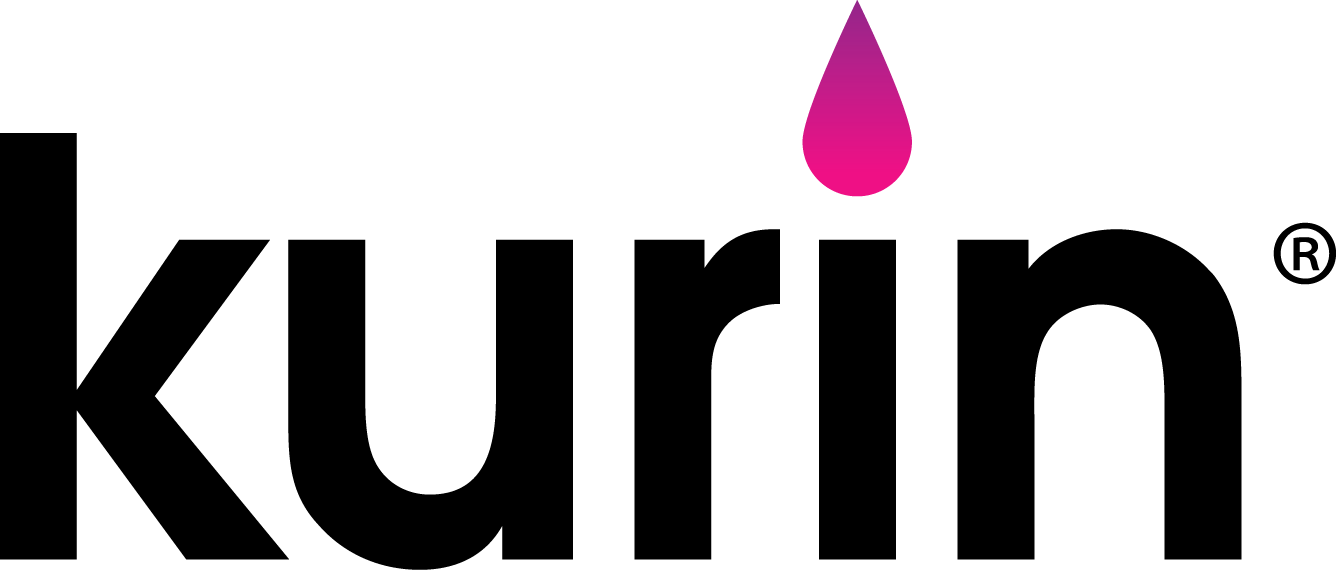Kurin, Inc. Announces Successful FDA Audit
Kurin, Inc., the inventor and manufacturer of the Kurin® blood culture collection sets, announced the results of their recent FDA inspection.
“I am pleased to announce Kurin has successfully passed an FDA inspection of our manufacturing procedures, records, and facilities,” said Bob Rogers, CEO and Inventor of Kurin. “In a recent unscheduled visit by the FDA, there were no observations of what are called a 483 non-conformance. We take pride in operating our company under Good Manufacturing Practices (GMP) and a robust Quality System. I am proud of our team for continuing to demonstrate our commitment to excellence and in consistently meeting federal requirements and our elevated expectations for quality.”
Kurin’s revolutionary approach to the contaminated blood culture problem is an elegantly simple, intuitive design that requires no additional user steps. Kurin passively sidelines potential contaminants during blood culture collection. Contaminated blood cultures are a significant problem, as roughly one-third of the positive results are wrong, potentially exposing these patients to unnecessary antibiotics, extending hospital stays and impacting larger community health issues, such as antimicrobial resistance and the life-threatening infections caused by C. diff.
About Kurin, Inc.
Kurin Inc., a certified Minority Business Enterprise (MBE), is focused on the design, development, manufacture, marketing, and sale of products that help healthcare providers reduce contaminated blood cultures. San Diego-based Kurin has received FDA 510(k) market clearance. For more information, visit the website at www.kurin.com.
